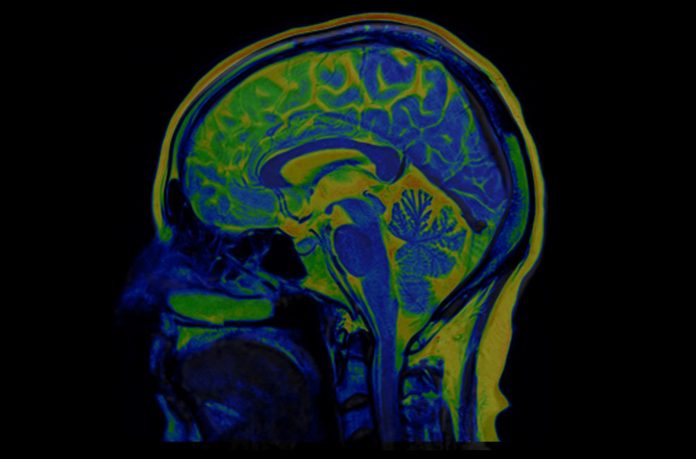
AcuraStem and Takeda will jointly develop and commercialize AcuraStem’s PIKFYVE targeted therapeutics, including AS-202, which is an antisense oligonucleotide (ASO) for the treatment of Amyotrophic lateral sclerosis (ALS). There are no cures for ALS and most treatments are for symptoms only.
“We believe AS-202 has the potential to address this unmet need through its unique dual mechanism of action, which addresses TDP-43 aggregation and improves TDP-43 function, the pathological hallmark of ALS and other TDP-43 proteinopathies including certain forms of dementia. We look forward to building on AcuraStem’s work to progress this exciting science into development and to patients,” said Sarah Sheikh, BM BCh, MSc, MRCP, head, neuroscience therapeutic area unit at Takeda.
PIKFYVE may also be relevant for treating additional TDP-43 proteinopathies, such as Frontotemporal dementia (FTD). Pathogenic deposits containing TAR DNA-binding protein 43 (TDP-43) are seen in the brain and spinal cord of patients with a variety of neurodegenerative diseases, including ALS and FTD.
The worldwide prevalence of ALS is estimated to be 4.42 per million, while FTD affects 0.1 to 4.6 per thousand people. Still, both these conditions, and other TDP-43 proteinopathies are extremely debilitating. The world market for ALS treatments alone is estimated to be worth about $600M and expected to double over the next ten years.
By targeting PIKFYVE, AcuraStem aims to expel toxic protein aggregates and protect healthy neuronal function. This mechanism was initially discovered in the lab of AcuraStem’s co-founder, Justin Ichida, PhD, using patient-derived disease models. It was further developed on AcuraStem’s iNeuroRx disease modeling platform.
The company reports that it has demonstrated that ASO-mediated suppression of PIKFYVE can restore motor function, reduce neurodegeneration, and improve survival in multiple in vivo models of both ALS and FTD. AS-202 is an intrathecally delivered ASO. AcuraStem also has programs targeting SYF2 and UNC13A for ALS and FTD. All of its drug candidates are in preclinical development, and AS-202 appears to be the most advanced.
Under the terms of the agreement, Takeda will receive an exclusive, worldwide license to AcuraStem’s PIKFYVE program. AcuraStem will receive upfront and milestone payments totaling up to approximately $580 million if all future clinical, regulatory, and commercial milestones are achieved during the term of the agreement plus tiered royalties on potential net sales of any commercial products resulting from this license.
AcuraStem will be responsible for certain activities to help advance AS-202 IND enabling studies and characterizing potential backup ASOs. Takeda will be responsible for all other development activities including clinical development, regulatory affairs, and global commercialization.
“I’m very pleased that AcuraStem is partnering with Takeda around their PIKFYVE program,” said Ichida. “We originally identified PIKFYVE as a novel therapeutic target for ALS using nerve cells derived from patient stem cells, and this illustrates the power of using this modern approach … AcuraStem has done an outstanding job of generating best-in-class molecules to target PIKFYVE in humans, and I am excited to see this move forward.”













